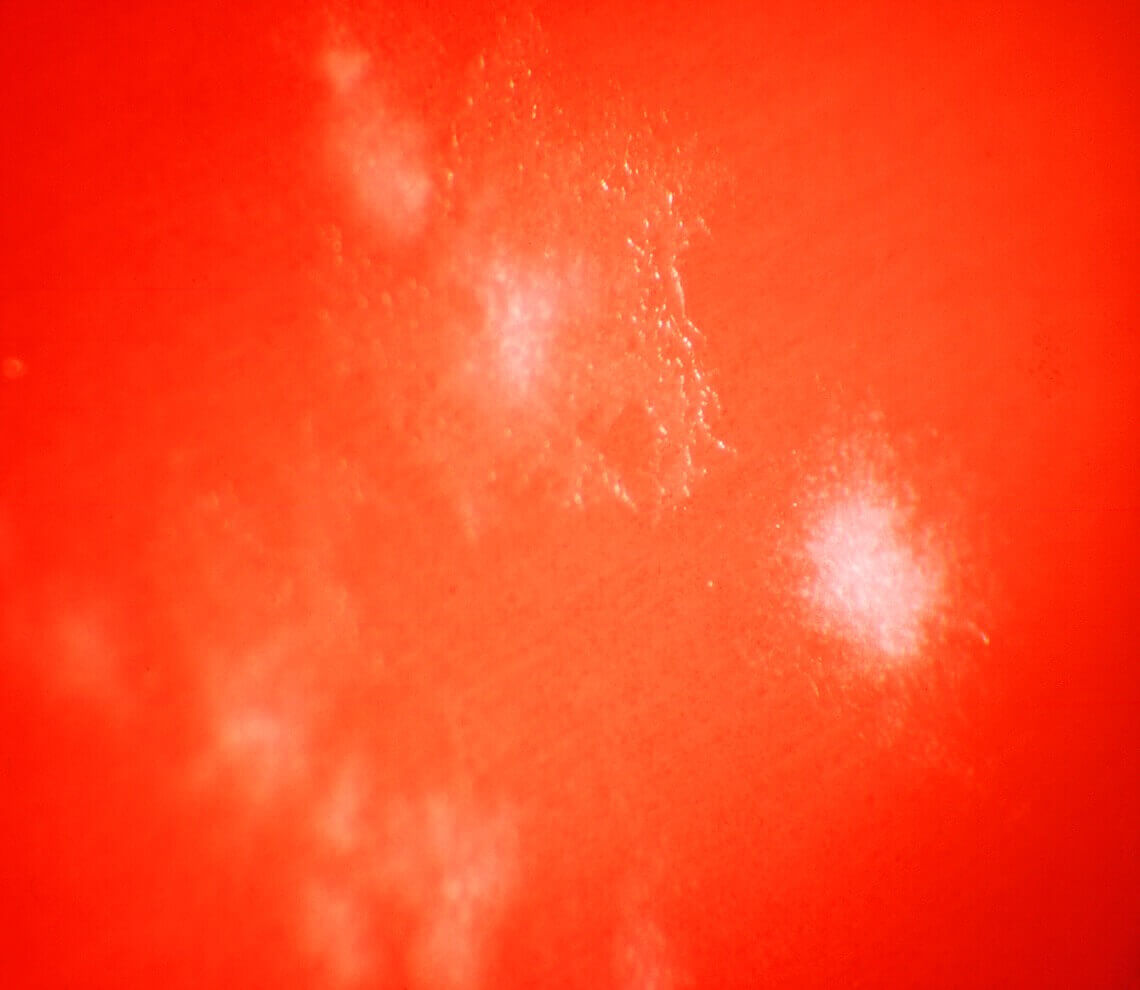- Our Suppliers
- agisera
- ACT, Actin (monoclonal)
Product short description
Price:
502 EUR
Size:
100 µg
Catalog no.:
AS16 3141
Product detailed description
Raised in
Mouse
Protein number
Q96293
Available ordering format
Inquire
TAIR number
At1g49240
Clonality
Monoclonal
Molecular weight (expected | аpparent)
45 | 45 kDa
Recommended dilutions for use
1-2 ug/ml (WB)
Purification
Affinity purified
Clone
IgG2b, clone mAbGPa (10-B3)
Verified applications
Immunohistochemistry (IHC), Western blot (WB)
Verified reactivity
Arabidopsis thaliana, Dictyostelium discoideum
Supplementary information
Contact Gentaur support center at [email protected]
How to reconstitute
See included datasheet or contact our support service
No reactivity
no confirmed exceptions from predicted reactivity are currently known
Immunogen
Full length recombinant Arabidopsis thaliana Actin-8 (ACT8) expressed in E.coli, Uniprot: Q96293
Notes
This antibody is a total IgG fraction purified on a protein G column. It recognizes Arabidopsis actins ACT1, 2, 3, 4, 7, 8, 11, 12 and Dictyostelium actin
Storage condition
Store at -20°C.Make aliquots to avoid repeated freeze-thaw cycles. Please, remember to spin tubes briefly prior to opening them to avoid any losses that might occur from liquid material adhering to the cap or sides of the tubes.
About
Monoclonals of this antigen are available in different clones. Each murine monoclonal anibody has his own affinity specific for the clone. Mouse monoclonal antibodies are purified protein A or G and can be conjugated to FITC for flow cytometry or FACS and can be of different isotypes.
Scientific context
Actin is a highly conserved protein and an essential component of cell cytoskeleton and plays an important role in cytoplasmic streaming, cell shape determination, cell division, organelle movement and extension growth. Preferentially expressed in young and expanding tissues, floral organ primordia, developing seeds and emerging inflorescence.
Connected products
AS13 2640 | anti-ACT | actin, rabbit antibody AS10 681 | Anti-tubulin beta chain, rabbit antibodyAS10 680 | Anti-tubulin alpha chain, rabbit antibodyAS10 702 | Actin-11, mouse monoclonal antibodyAS16 3140 | ACT2,8,11 | Actin 1, 8, 11, mouse monoclonal antibodyAS16 3139 | ACT1,3,4,12 | Actin 1, 3, 4, 12, mouse monoclonal antibodyPlant and algal protein extraction bufferSecondary antibodies
References
Kandasamy, M.K. et al. (2012). Plant vegetative and animal cytoplasmic actins share functional competence for spatial development with protists. Plant Cell. 24, 2012 May;24(5):2041-57. doi: 10.1105/tpc.111.095281Kandasamy, M.K. et al. (2001). One plant actin isovariant, ACT7, is induced by auxin and required for normal callus formation. Plant Cell. Jul;13(7):1541-54Kandasamy, M.K. et al. (1999). The late pollen-specific actins in angiosperms. Plant Journal. Jun;18(6):681-91.
Possible reactivity
Actinidia deliciosa, Brachypodium sylvaticum, Brassica napus, Brassica oleracea, Camelina sativa, Camellia lipoensis, Cucumis sativus, Dendrocalamus latiflorus, Dionaea muscipula, Gossypium sp., Eucalyptus grandis, Euphorbia lathyris, Gynura bicolor, Ficus microcarpa, Haloxylon ammodendron, Helianthus annuus, Hevea brasiliensis, Lilium regale, Medicago sativa, Mimosa pudica, Nitraria sibirica, Oryza sativa subsp. japonica, Oryza sativa subsp. indica, Oxytropis ochrocephala, Paeonia lactiflora, Panax notoginseng, Populus trichocarpa, Prunus avium, Ricinus communis, Striga asiatica, Theobroma cacao, Torenia fournieri, Trifolium pratense, Ziziphus jujuba
© Copyright 2016-Tech News . Design by: uiCookies

